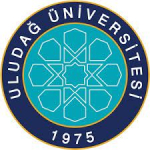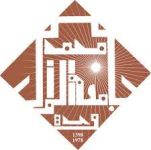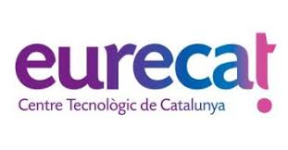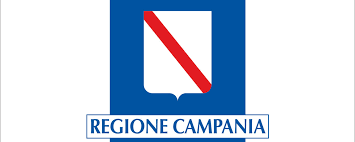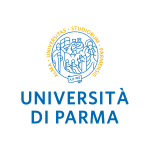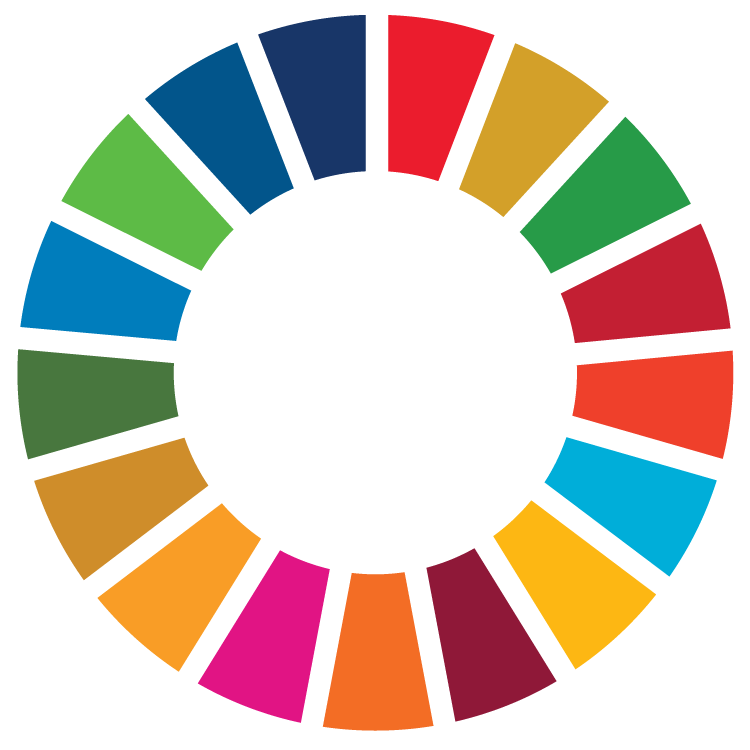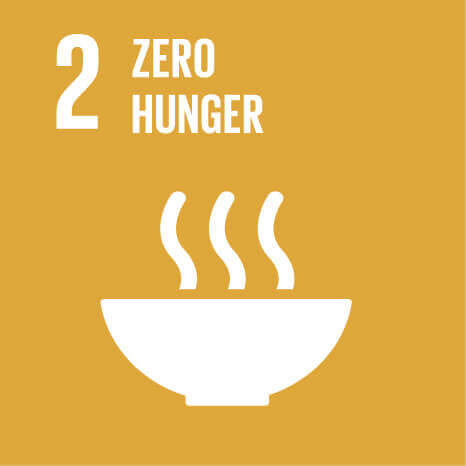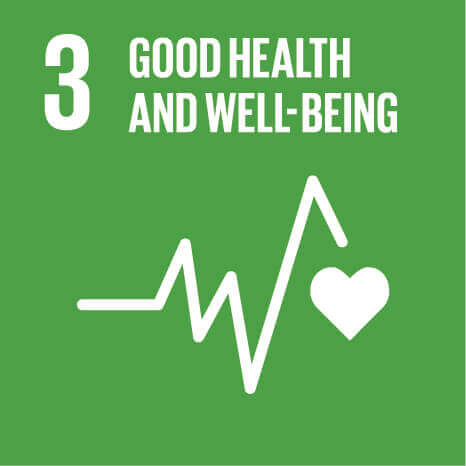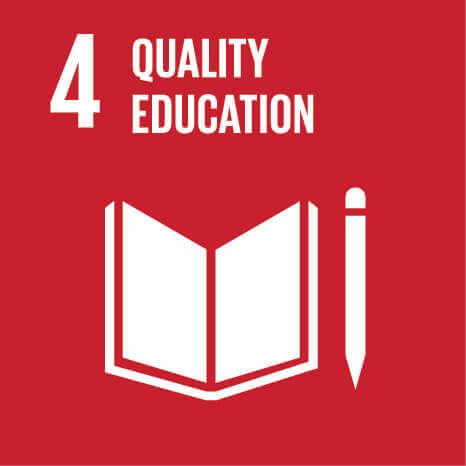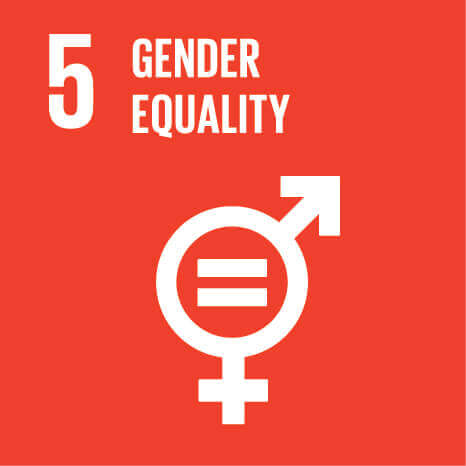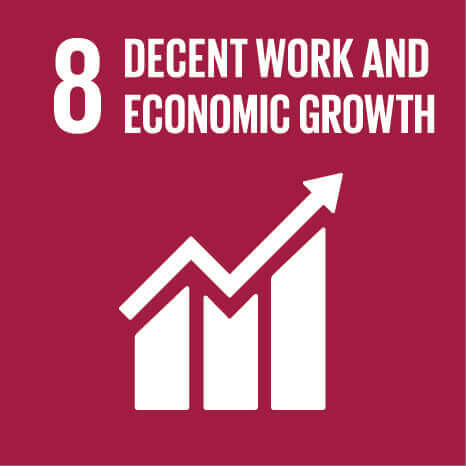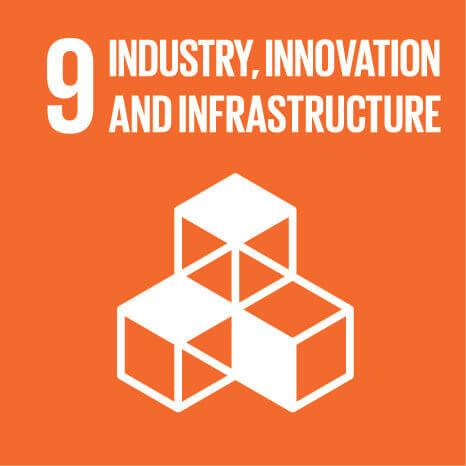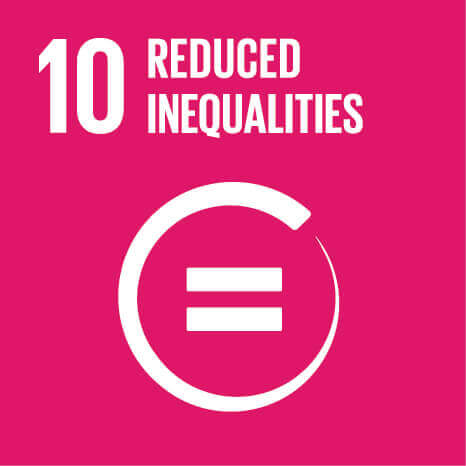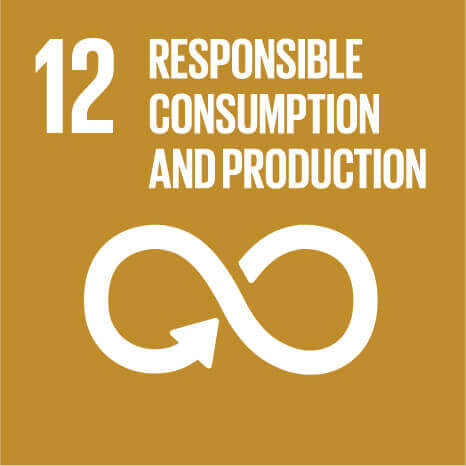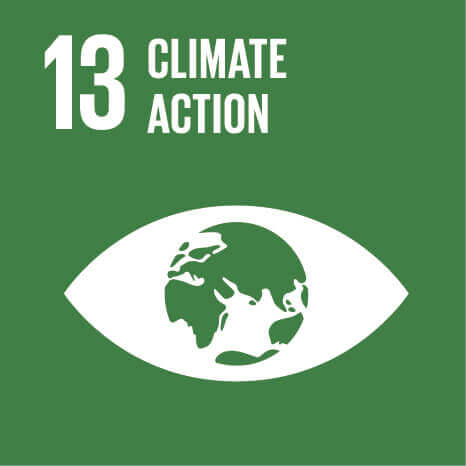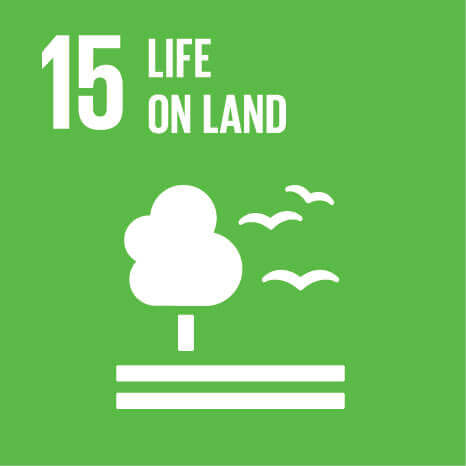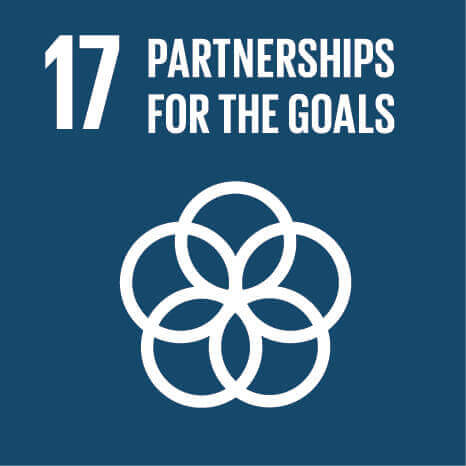ABOUT US




Switching Mediterranean Consumers to Mediterranean Sustainable healthy dietary patterns. SWITCHtoHEALTHY project aims to generate a dietary behaviour change by demonstrating and reinforcing the role of the family in promoting a sustainable change towards enhancing the adherence to the Mediterranean dietary pattern of the family members (adults, adolescents, and children) This will be done by making available to families a combination of hands-on educational material and digital tools and complementing the dietary and lifestyle recommendations with easy-to-eat healthier snacking products. In this approach, whereas digital interactive tools (SWITCHtoHEALTHY App) will be used by the parents to support them in preparing weekly healthier dietary plans for the main meals for them and their children, the educational material will be used to support families in acquiring healthier habits and to educate children and adolescents. Finally, healthy, and nutritious plant-based snacks will be introduced in the children dietary plans to complement it and to substitute less healthier options in-between meals.






